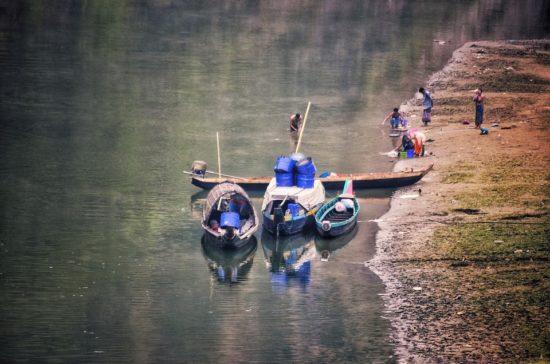Exploring microbial diversity, antibiotic resistance, and their environmental drivers in urban and peri-urban riverbed sediments of sub-tropical river basins
This study examined how urbanization affects antimicrobial resistance (AMR) in two subtropical river basins in India: the peri-urban Song River and its heavily urbanized tributaries Rispana, Bindal, and Suswa. Researchers collected 27 sediment samples across three seasons in 2024 to analyze microbial diversity, antibiotic-resistant bacteria (ARB), antibiotic residues, heavy metals, and other physicochemical factors. Findings showed that sediments from the urbanized sub-basins contained significantly more pollutants, higher concentrations of heavy metals and antibiotics, and greater loads of resistant bacteria — including ESKAPE pathogens and Enterobacterales. Both basins were dominated by the bacterial phyla Pseudomonadota and Bacillota, with common pathogenic genera such as Pseudomonas, Staphylococcus, and Acinetobacter. The study found a clear link between heavy metal and antibiotic pollution and increased AMR levels, offering valuable insights for developing policies to manage river ecosystems in rapidly urbanizing regions.
AMR NEWS
Your Biweekly Source for Global AMR Insights!
Stay informed with the essential newsletter that brings together all the latest One Health news on antimicrobial resistance. Delivered straight to your inbox every two weeks, AMR NEWS provides a curated selection of international insights, key publications, and the latest updates in the fight against AMR.
Don’t miss out on staying ahead in the global AMR movement—subscribe now!






